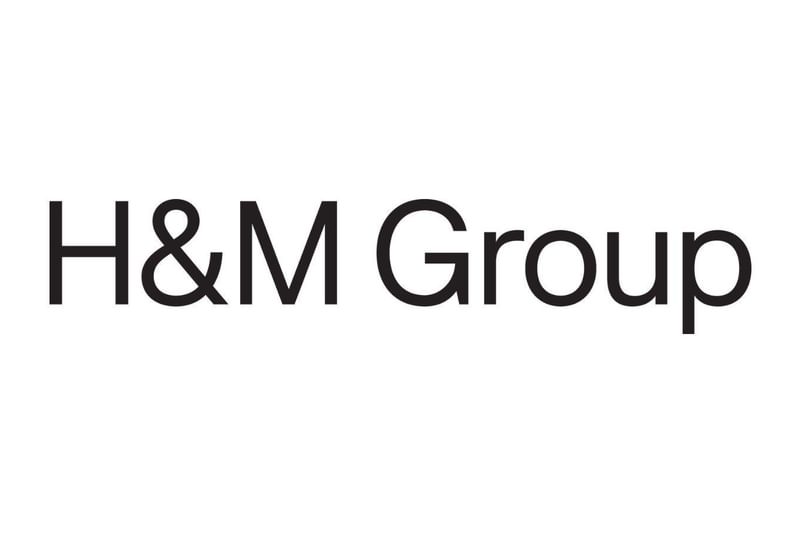
Net-Zero Case Study - JLL
Discover how global commercial real estate services company JLL is reducing absolute emissions across all scopes by 2040.
Global commercial real estate services company JLL is committed to reaching net-zero emissions across the value chain by 2040.
The company was one of the initial seven to receive validated net-zero targets by the SBTi under its Net-Zero Standard in October 2021: its target is to reduce absolute emissions across all scopes by 51% by 2030, and 95% by 2040.
Scope 1 and 2 emissions
To address its scope 1 and 2 emissions, JLL is improving energy efficiency in the offices it occupies and for any further office space to be energy efficient, with all office spaces moving onto renewable energy (or purchasing renewable energy certificates if this is unavailable). Due to its mobile engineering service, JLL has a significant vehicle fleet in the US and EMEA, and the company anticipates 100% electric vehicles across its global fleet by 2032.
The challenge of scope 3 emissions
96% of JLL’s footprint (scope 3) is from properties it manages for clients. JLL is partnering with clients, focusing on energy efficiency and emissions reduction programs, and making significant investments in technology solutions to take clients on a rapid journey towards decarbonization across their real estate. It is engaging its supply chain to set shared targets and KPIs, and ensuring the data centers used are supplied with renewable electricity wherever possible. The company is also working to eliminate unnecessary business travel and has incentivized the use of public transport for its 98,000 employees.
If we are to reach net-zero by 2050, companies must decarbonize across their entire value chain. By using the robust framework of the Standard, JLL was able to set a science-based target that covers their scope 3 emissions and sets them on a path to net-zero. Set a target now.
Latest News
View News


